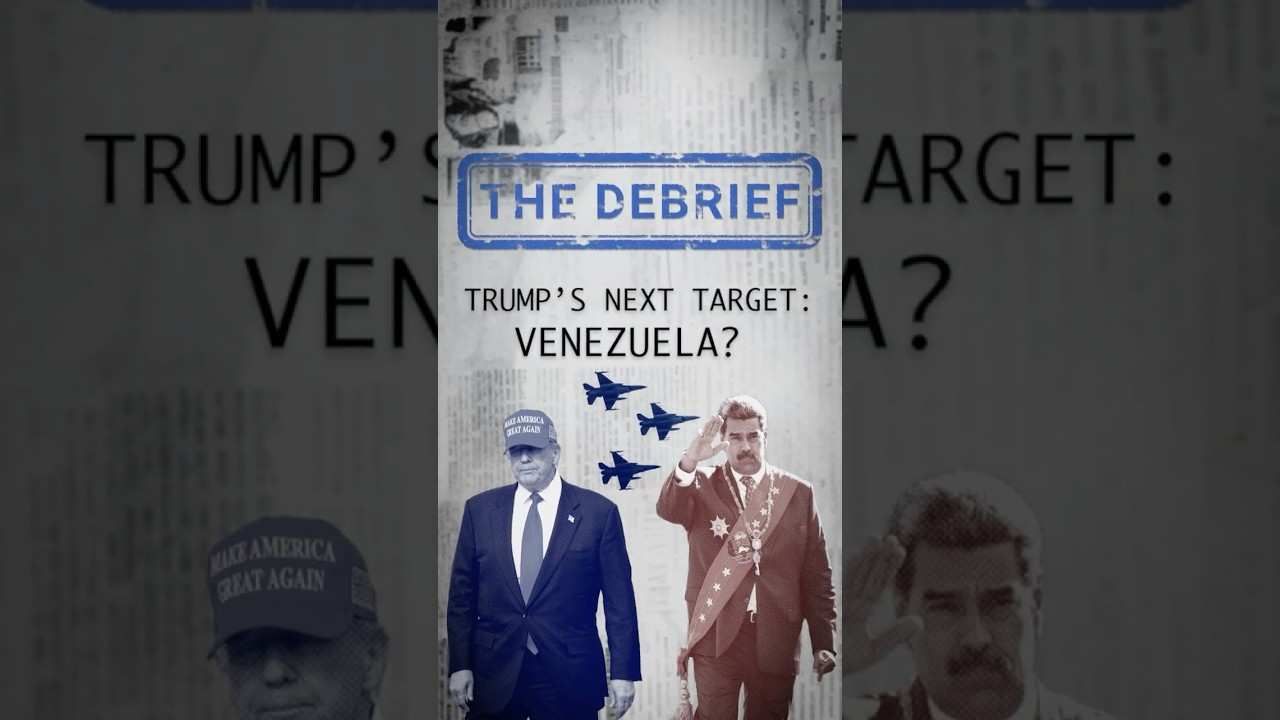12,000,000: This week, Rwanda became the first low-income country to provide universal eye care to its 12 million citizens. Two decades on from civil war, the would-be Singapore of Africa has an ambitious agenda to become a middle-income country by 2020.
2024: By 2024, AI could eliminate the jobs of 260,000 customer service representatives, 210,000 assemblers and fabricators, and 76,000 tractor-trailer drivers in the US. That’s just six years from now. Not 20.
70: The Taliban actively operates in 70 percent of the districts in Afghanistan, according to the BBC. America’s longest foreign warslogs on.
47: US oil production has returned to a record high last reached forty-seven years ago. Shale technology has put the US on course to overtake Saudi Arabia and Russia as the world’s largest crude producer.
4: In the past month, four prominent electoral challengers to Egyptian President Abdel Fattah el-Sisi have quit the presidential race, in large part because of pressure from the country’s security services.
